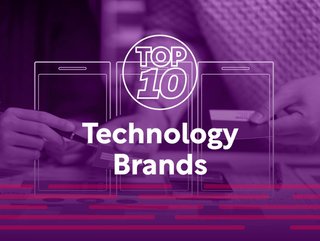
In an era where technology continuously shapes our daily lives, certain organisations stand out as titans of innovation and influence. These companies, recognised as the leading technology brands, have revolutionised communication, work and entertainment. From Silicon Valley giants to emerging powerhouses, Technology Magazine explores the Top 10 technology brands that have set benchmarks in quality, innovation and cutting-edge solutions.

10. Adobe
Adobe is a global leader in digital media and digital marketing solutions. Its suite of products is integral to creative industries, featuring industry-standard software like Adobe Photoshop, Adobe Illustrator, and Adobe Premiere Pro, widely used for image editing, graphic design and video editing.
Adobe has also expanded into the digital marketing sector with Adobe Experience Cloud, providing a range of tools for analytics, advertising and commerce.
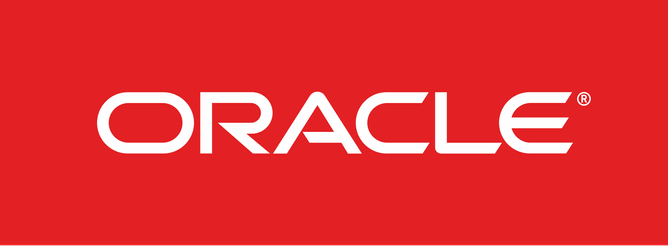
9. Oracle
Oracle is renowned for its comprehensive portfolio of cloud solutions and software products. Founded in 1977 by Larry Ellison, Bob Miner, and Ed OateIts, today the company’s offerings include a range of cloud services, such as Oracle Cloud Infrastructure (OCI), Software as a Service (SaaS) applications, and Oracle Autonomous Database. The company has also diversified into hardware through its acquisition of Sun Microsystems in 2010, which added servers and storage systems to its product line.
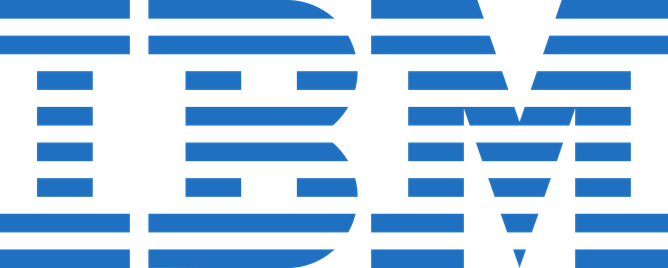
8. IBM
Through the 20th century, IBM emerged as a leader in the development of computers, notably contributing to the creation of the System/360 series in the 1960s, which revolutionised computer design by making compatible families of computers. In the 1980s, IBM's launch of the Personal Computer (PC) solidified its influence in computing technology.
Today, IBM has pivoted from hardware to predominantly offering software and services. Its portfolio includes cloud computing, artificial intelligence with its flagship Watsonx platform, blockchain technology, data analytics, and cybersecurity services.

7. Meta
Meta, formerly known as Facebook, represents a significant shift in the technological landscape. Founded in 2004 by Mark Zuckerberg and fellow Harvard College students, the company initially focused on its flagship social networking service, Facebook. Over the years, it expanded its portfolio by acquiring Instagram in 2012 and WhatsApp in 2014.
In 2021, the company rebranded as Meta, reflecting its broader commitment to developing the metaverse, underscoring a strategic pivot towards immersive virtual and augmented reality experiences. Meta's current product offerings include Oculus, a virtual reality hardware and software products line, and Horizon Workrooms, a virtual reality conferencing system.

6. Nvidia
Renowned for its pivotal role in graphics processing unit (GPU) development for both gaming and enterprise applications, Nvidia has also expanded into AI and deep learning, with its CUDA platform enabling accelerated computing for scientific research and data centres and its hardware such as the H100 GPU powering large language models like ChatGPT.
Moreover, Nvidia has ventured into the automotive industry, developing AI-driven products for autonomous vehicles. The company’s Tegra mobile processors, found in tablets and smartphones, highlight its diverse technological footprint.

5. Samsung
Founded in 1938 by Lee Byung-chul, initially as a trading company, Samsung has undergone remarkable transformation, diversifying into areas like food processing, textiles, insurance, securities and retail. Samsung's first electronic product, a black-and-white television, launched in the early 1970s.
Today, Samsung is dominant in the smartphone market with its Galaxy series. The company's product range extends beyond smartphones to include tablets, televisions, home appliances like refrigerators and washing machines and wearable technology.
Samsung is also a key player in the semiconductor industry, manufacturing memory chips and integrated circuits, underpinning its status as a technological behemoth.

4. Amazon
Amazon, founded in 1994 by Jeff Bezos, initially emerged as an online bookstore. It rapidly expanded its offerings, evolving into an e-commerce giant that significantly disrupted the retail sector. Headquartered in Seattle, Washington, USA, Amazon has diversified its portfolio extensively.
Today, Amazon's vast array of products and services includes electronics, such as the Kindle e-reader and the Echo smart speaker, and a plethora of consumer goods ranging from books to household items. Its Prime subscription service offers members benefits like free shipping, streaming of movies, TV shows, and music.
Amazon Web Services (AWS), a key segment, provides cloud computing and AI services. The company has also ventured into grocery retail with the acquisition of Whole Foods Market and developed its own line of private-label products. Its global footprint and innovation focus position Amazon as a pivotal player in modern retail and technology landscapes.

3. Microsoft
Founded by Bill Gates and Paul Allen in 1975, Microsoft has significantly shaped the global technology landscape. Initially focused on software development, particularly with its groundbreaking MS-DOS operating system in the early 1980s, Microsoft solidified its industry dominance with the launch of Windows, a series of graphical operating system environments that revolutionised personal computing.
Today, Microsoft's portfolio extends beyond software into hardware, cloud services and gaming. Key products include the Microsoft Office suite, a staple in productivity software, and the Azure cloud platform, a major player in cloud computing. The company's foray into hardware is exemplified by the Surface line of laptops and tablets, demonstrating a commitment to integrating hardware and software ecosystems. In the gaming sector, Microsoft's Xbox console and associated services like Xbox Game Pass underscore its influence on digital entertainment. This diversification reflects Microsoft's evolution from a software giant to a multifaceted technology powerhouse.
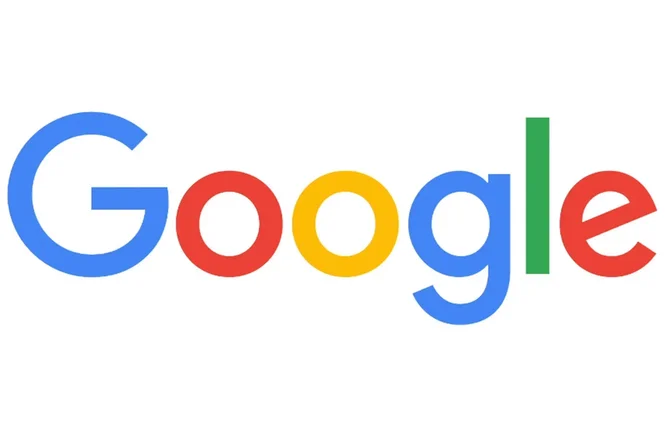
2. Google
Initially founded as an internet search engine by Larry Page and Sergey Brin while they were PhD students at Stanford University, Google's rapid expansion saw it become the backbone of numerous web-based products and services. Today, Google's portfolio extends beyond search to include advertising technologies, cloud computing, software and hardware. It is renowned for its innovations in search algorithms and for offering a user-friendly interface.
Prominent Google products include the Android operating system, the video-sharing website YouTube and the Google Chrome web browser. The company has also made significant strides in the development of machine learning and AI technology, most recently announcing its Gemini large language model.
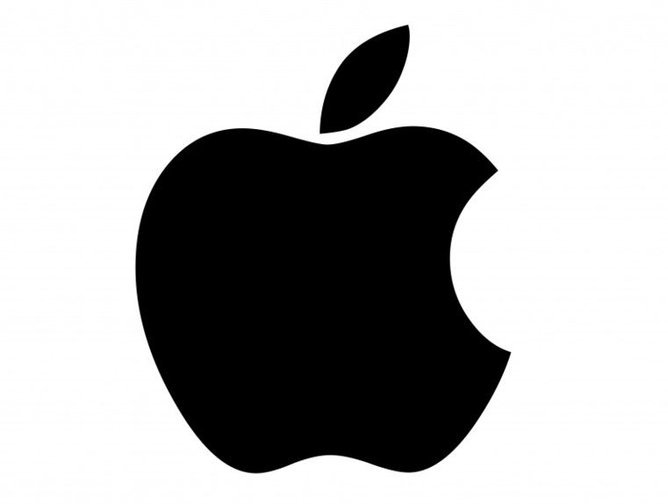
1. Apple
Founded in 1976 by Steve Jobs, Steve Wozniak, and Ronald Wayne to sell the Apple I personal computer, Apple went public in 1980 to instant financial success and is the world's largest company by market capitalisation.
Today, Apple stands as a leading player in consumer electronics, software and online services. Its product line has expanded remarkably, encompassing the iPhone, a defining product in the smartphone era, the iPad tablet, the Mac range of personal computers and laptops, the Apple Watch and the Apple TV digital media player. Additionally, Apple offers a suite of software and services, including the macOS and iOS operating systems, the iTunes media player, the Safari web browser and, more recently, subscription-based services like Apple Music, Apple TV+ and iCloud.
******
Make sure you check out the latest edition of Technology Magazine and also sign up to our global conference series - Tech & AI LIVE 2024
******
Technology Magazine is a BizClik brand
- Microsoft in Japan: $2.9bn Investment to Boost AI & CloudCloud & Cybersecurity
- Tech Leaders Launch AI Consortium to Upskill WorkforcesAI & Machine Learning
- Oracle Database@Azure Expansion: Committing to the CloudCloud Computing
- How Microsoft Supports Michigan Medicine’s ModernisationCloud Computing







